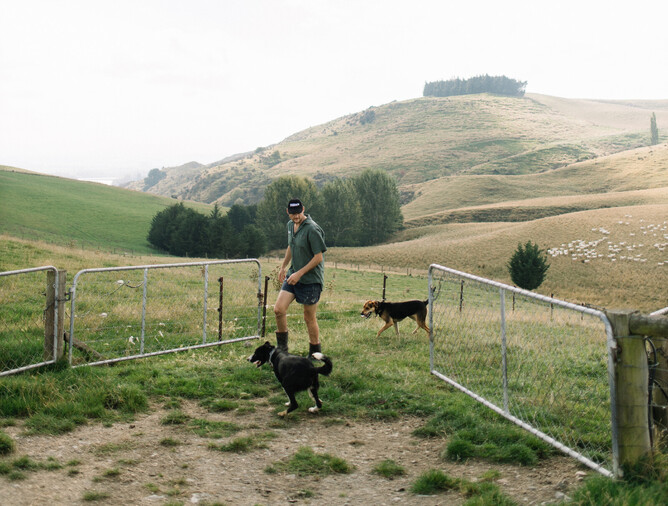Head of Sales and Marketing, Russell MacKay, has a fifth-generation family sheep and beef farm near Queenstown. Here's his farming update as we near the end of 2024.
Spring in the Deep South was the worst on record for many, with the tap in the sky never turning off. On the East Coast, however, it’s a different story, with farmers telling us it’s the first time since Cyclone Gabrielle they've thought "could do with a drop of rain".
In the Manawatu and Wairarapa, most farmers found spring conditions favorable, though many are now concerned about the possibility of a dry summer. Canterbury farmers are in the same boat. Meanwhile, Waikato has had a solid season, with most dairy farmers reporting a successful mating.
For sheep farmers in the lower South Island, the cold, miserable conditions led to lower-than-average tailing percentages in many areas. By weaning time, both lambs and ewes are a bit behind where farmers would like them.
In contrast, farmers in the upper South Island are smiling after a favorable spring. Lamb survivability and liveweight gain have both been exceptional and, while schedules and programmes vary between processors, farmers are seeing prices of $7.40/kg or more for lamb. For a lot of farmers, anything south of that is getting uncomfortable for them (and the bank manager!).
Dairy farms struggled to maintain good pasture covers post-calving in many places, resulting in a dip in production. We heard reports of covers averaging around 1,800. However, December has brought a significant improvement, with growth rates across the country seeing a boost thanks to the sunshine. Farmers are finally able to put the bulky on their paddocks, and those who were once nervously studying their feed wedge are now cutting silage.
In farming, a fortnight can make a world of difference. Dairy farmers are feeling more optimistic financially, with most processors forecasting a midpoint price above $10. This, coupled with cooling interest rates, has eased cash flow concerns for most. However, farm working expenses continue to rise. While there were signs of falling fertilizer prices, tensions in the Middle East often push them back up.
2024 has flown by, and it’s hard to believe we’ll soon be a quarter of the way through the century! While 2024 won’t be remembered as the worst year for most farmers, it certainly won’t go down as the best either. But hey, it is still the best job in the world. It is not getting any easier, but if you are anything like me, you still love it despite the challenges.
As I write this I can see flowering rātā outside, the promise of a good 2025 harvest. I'll take that positivity into the New Year.
Merry Christmas to you all. I hope you all prioritise some time with friends and family.

